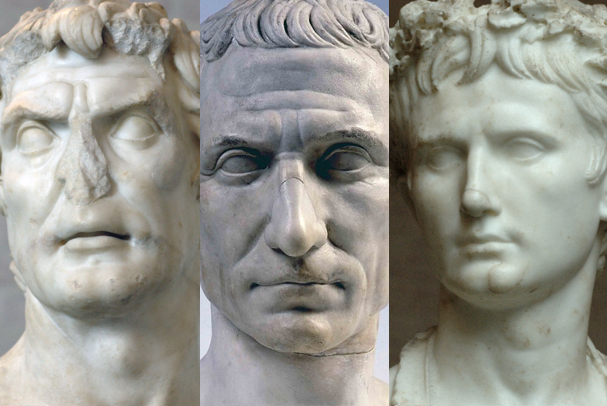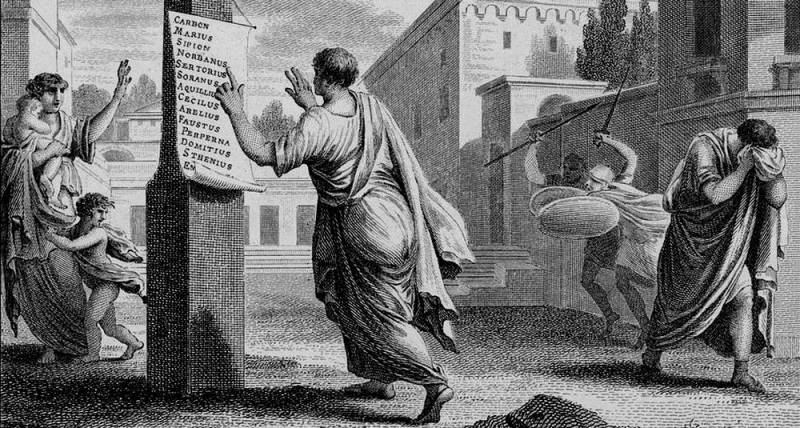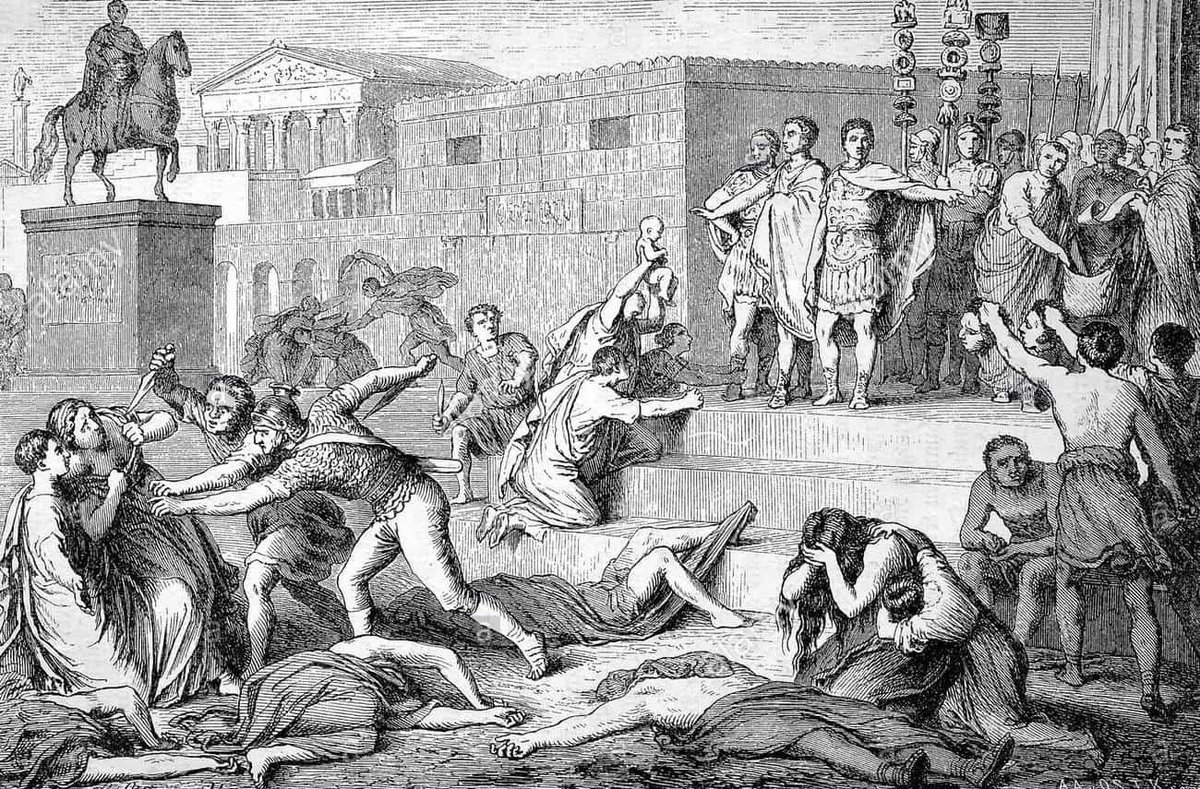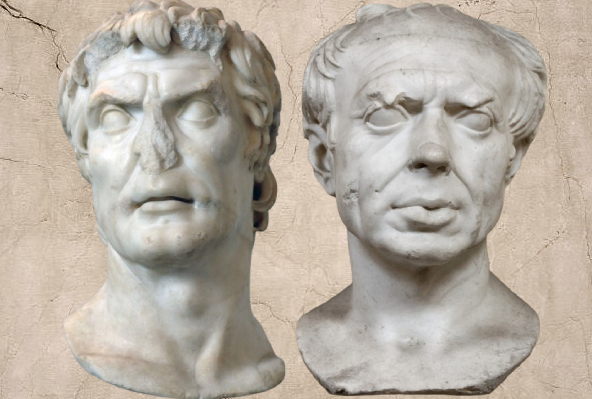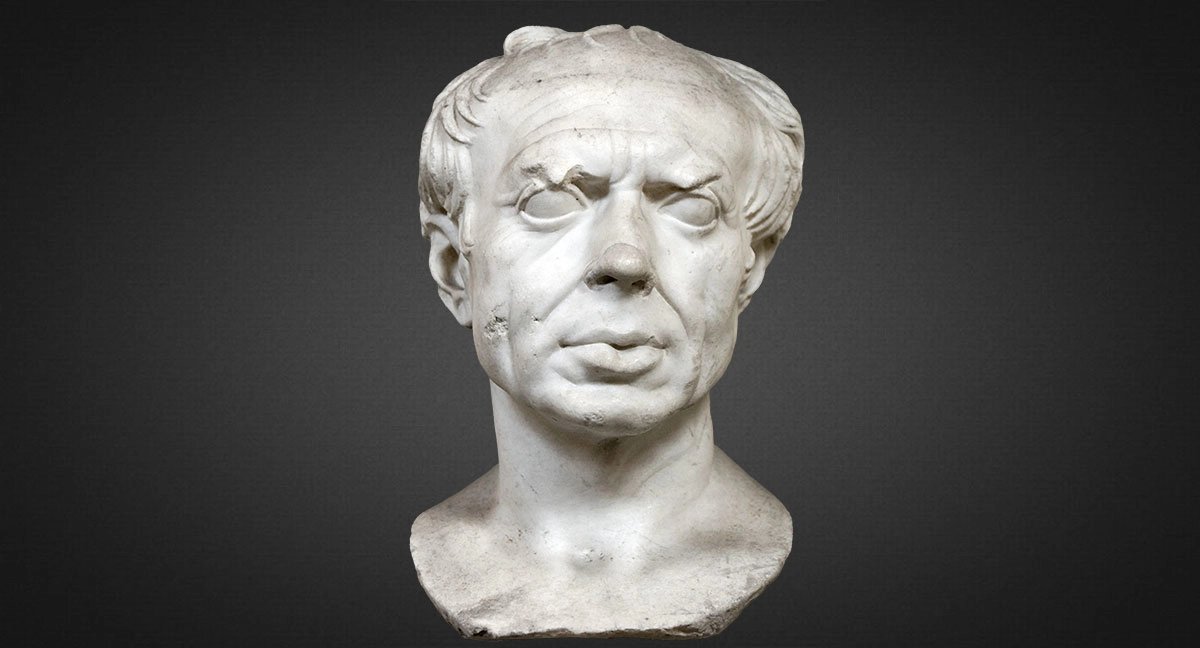Ok fellow Stoics...let's engage a little.
What is your favorite #Stoic quote?
Drop it in the comments below. 👇
#Stoicism
What is your favorite #Stoic quote?
Drop it in the comments below. 👇
#Stoicism
My favorite is this one from Marcus.
It distills Stoicism down to three basic practices to follow:
-Objectivity
-Unselfishness
-Acceptance
It distills Stoicism down to three basic practices to follow:
-Objectivity
-Unselfishness
-Acceptance

Would love to hear if any of the experts, writers, and translators of Stoicism have favorite Stoic quotes/passages:
@mpigliucci
@DonJRobertson
@aristofontes
@SharonLebell
@mpigliucci
@DonJRobertson
@aristofontes
@SharonLebell
• • •
Missing some Tweet in this thread? You can try to
force a refresh


